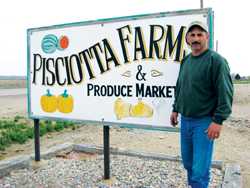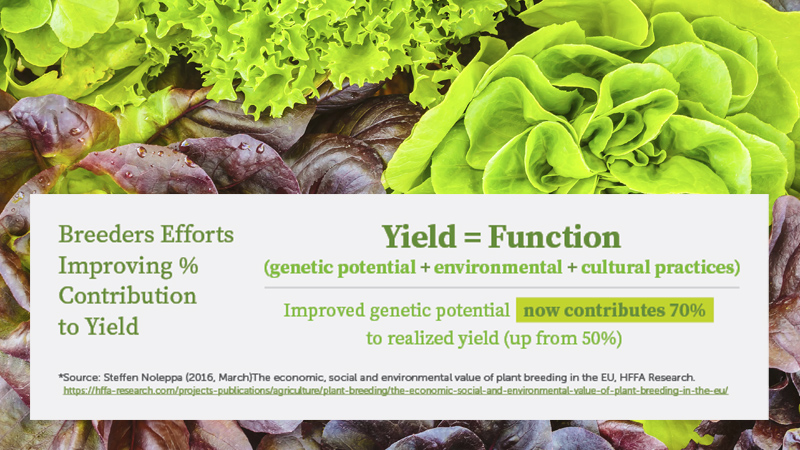Inmate Field Workers

In 2006, the state of Colorado passed some of the nation’s strictest immigration laws, and Joe Pisciotta was worried. The owner of Pisciotta Farms and Produce Marketing in Avondale, about 110 miles south of Denver, was concerned because some of his seasonal workers weren’t U.S. citizens.
“Several employees told me they wouldn’t be back the following year, that they couldn’t take the chance they’d break up their families,” he says. “We were concerned we wouldn’t get enough help to harvest the crops.”
Pisciotta farms about 700 acres total, with about 250 acres of labor-intensive vegetables such as melons, pumpkins, and onions, so he had good reason to be troubled. That’s when he was approached by a state representative who floated the idea that Pisciotta employ female inmates from the minimum-security La Vista Correctional Center, located in nearby Pueblo.
“I said, ‘You’re crazy,'” he recalls. “But I’m not one to close a door.”
Today, Pisciotta is awfully glad he left that door open. He employs at least one crew of 10 women from May 1 through about late January, when they finish packing and processing onions. “It’s the best thing that’s happened to us in a long time,” he says. “I know that every day I’ll get 10 employees who will show up ready to work — they’re not hung over and they don’t call in sick.”
Dependability Assured
Pisciotta says that dependability is difficult to over-estimate. For example, each day he starts talking to onion customers, mostly food service companies on the East Coast, at 5:30 a.m. to inform them of what he has available.
“I can guarantee buyers now. Say I may have 400 bags on the floor and he’d want 600,” says Pisciotta. “In the past I’d hesitate to guarantee him I’d have those packed by 10 a.m.”
That confidence extends to any task he assigns his primary crew, whose roster of inmates can vary day by day, what with releases, etc., but has had the same guard since the program started in May 2007. It’s a good feeling knowing he can rely on them.
“In the past when I left I’d get the feeling that the crew wouldn’t do the same job as when I was there,” he says. “But the inmates really take pride in their work.”
In addition, the program, which is used by about 15 growers in the area, saves Pisciotta a lot of money. In 2006, he had 58 employees he had to pay workers compensation on. Now he only pays on 11. “The savings there is just terrific,” he says. “And they bill me every 30 days; we used to do payroll every week.”
Win/Win Situation
The negotiated cost to growers is $9.60 an hour, according to Katherine Sanguinetti, director of PR for the Colorado Dept. of Corrections. That covers inmate pay, guard wages, transportation, meals, water, and tools. It’s a tremendous bargain, says Pisciotta, because besides avoiding workers comp and Social Security, he gains so much flexibility. For example, if it’s raining, he just picks up the phone and tells them not to come to work. He used to have to find or make work for his seasonal employees for fear of losing them to a neighboring grower.
The women, most of whom have been incarcerated for drug offenses, have presented zero discipline problems, he says. That’s largely because they’re happy to get out of prison for the day, they get paid, and are developing a work ethic. “Most have never worked a day in their lives,” he says. “Many have never been up before noon.”
Pisciotta’s written recommendations for many of the inmates upon their releases, but he emphasizes he’s using the program not because he’s a do-gooder, but because he’s a businessman. He’d be a very different kind of businessman if it weren’t for the inmate crews.
“If I ever lose that program,” he says flatly, “I’d quit growing produce.”








